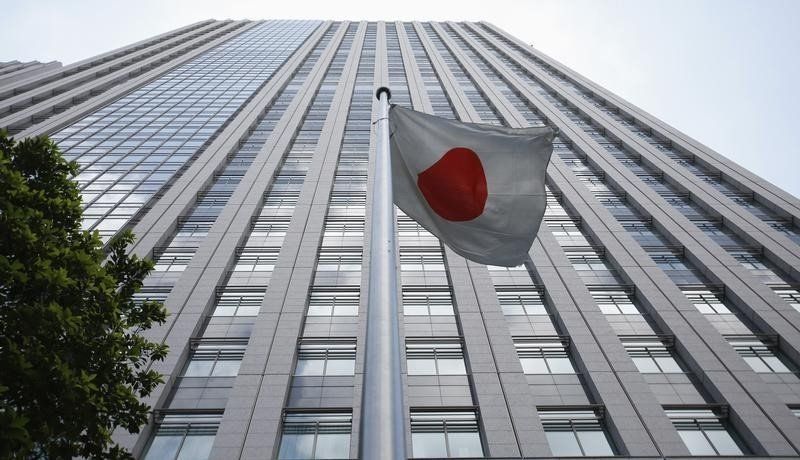Japan Considers Major Crypto Tax Overhaul, Proposes Lower Rate and New Regulations
06.03.2025 19:00 2 min. read
Japan’s ruling political party has introduced a new proposal that could dramatically alter the country’s stance on cryptocurrency taxation, with plans to lower the current tax rate from a hefty 55% to just 20%.
This initiative is still in its early stages, with feedback being gathered from the public before a final draft is submitted.
The proposed changes would reclassify cryptocurrencies, moving them from their current categorization under the Payment Services Act to being treated as financial products under the Financial Instruments and Exchange Act. This shift would not only lower taxes on crypto-related profits but also align them with the tax structure used for traditional securities investments.
Akihisa Shiozaki, a prominent member of Japan’s House of Representatives, is leading the push, emphasizing that this proposal is designed to stimulate the market, enhance investor protection, and create a more defined tax framework for crypto gains. Additionally, Shiozaki suggested that this move could pave the way for the introduction of spot crypto ETFs in Japan.
At present, Japan imposes high taxes on cryptocurrency earnings, categorizing them as miscellaneous income, but the government has recently revised some tax policies. A major change, introduced in December, provides exemptions for corporations that hold their crypto assets long-term, allowing them to bypass taxes on unrealized gains. Industry leaders are optimistic about these developments, with Sota Watanabe, CEO of Startale, applauding the government’s efforts to collaborate with crypto stakeholders and encouraging further reforms.
The proposal is currently open for public commentary until March 31, after which it will be forwarded to the Financial Services Agency (FSA) for further review. Japan’s FSA has already indicated that it will provide additional regulatory guidance on crypto matters by June.
-
1
Trump’s CFTC Pick Pledges Crypto Regulatory Clarity for Blockchain’s Future.
11.06.2025 14:00 1 min. read -
2
Switzerland Prepares to Join Global Crypto Tax Network by 2026
07.06.2025 20:00 1 min. read -
3
FCA Considers Opening Crypto ETNs to UK Retail Investors
07.06.2025 9:00 2 min. read -
4
Russia Hits Pause on Expanding Crypto Mining Restrictions
07.06.2025 11:00 1 min. read -
5
U.S. State of Connecticut Blocks Crypto from Public Sector Operations
12.06.2025 16:00 1 min. read
Turkey Targets Crypto Crime With New Withdrawal Delays and Transfer Limits
Turkey is preparing to roll out a series of strict crypto regulations aimed at curbing financial crimes tied to illegal gambling and online fraud, according to new comments from Finance Minister Mehmet Simsek.
Japan Plans Major Crypto Reform with New Tax Rules and ETF Access
Japan is preparing to dramatically reshape its cryptocurrency regulations, with officials drafting a proposal that would reclassify digital assets and streamline their tax treatment.
Federal Reserve Clears Path for Banks to Enter Crypto Market
In a significant policy shift, the U.S. Federal Reserve has quietly removed reputational risk as a factor in evaluating banks, a move that could make it easier for financial institutions to offer cryptocurrency services without fear of regulatory backlash.
Europe Takes the Lead in Crypto as U.S. Stalls on Regulation
Europe is emerging as the new global crypto hub, propelled by its MiCA regulatory framework, which is attracting investors and platforms alike.
-
1
Trump’s CFTC Pick Pledges Crypto Regulatory Clarity for Blockchain’s Future.
11.06.2025 14:00 1 min. read -
2
Switzerland Prepares to Join Global Crypto Tax Network by 2026
07.06.2025 20:00 1 min. read -
3
FCA Considers Opening Crypto ETNs to UK Retail Investors
07.06.2025 9:00 2 min. read -
4
Russia Hits Pause on Expanding Crypto Mining Restrictions
07.06.2025 11:00 1 min. read -
5
U.S. State of Connecticut Blocks Crypto from Public Sector Operations
12.06.2025 16:00 1 min. read


